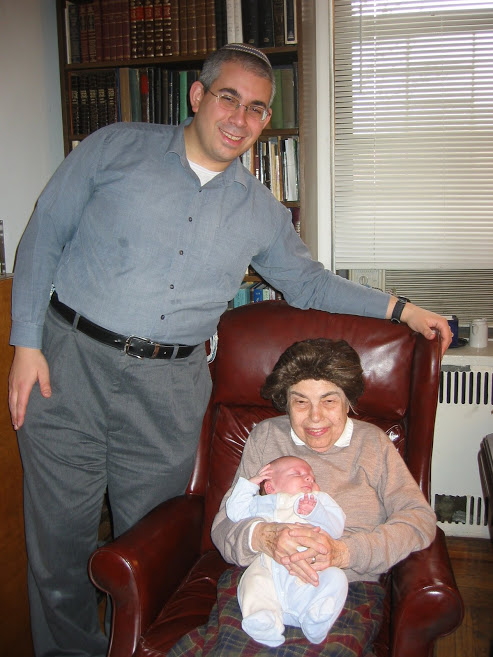Last Friday was the first day of Hanukkah, this Friday is the last, and next Friday is… complicated.
It’s the last Friday of 2020. It’s Erev Shabbat, as every Friday is. But it’s also Christmas–and the Fast of 10 Tevet. (XXmas?)
The problem with making Hanukkah “the Jewish Christmas” (even though Christmas seems pretty Jewy to start, what with all those Jews in that manger) is that although Christmas often falls on one of the eight days of Hanukkah, it’s based on a totally different calendar. So Hanukkah may actually overlap with Thanksgiving (as in 2013) or Christmas may land on this Jewish fast day.
And 10 Tevet is a powerful day. Chronologically, it’s the first post-Sinai holiday, commemorating the beginning of the Siege of Jerusalem by Nebuchadnezzar II of Babylon 2,608 years ago. It commemorates the human tragedy of the destruction of the First Temple, the isolation and fear and privation of being stuck in one’s home for months on end as the nation descends into chaos, while death and disease stalk the streets. IDK, is that still relevant in 2020?
10 Tevet is so essential that it’s the only fast on a Friday. It’s profoundly bizarre to welcome the Sabbath Queen on such an empty stomach, but that’s what we’ll do next Friday, while much of the world is making the Yuletide gay. Or you can catch it the next time it happens, in 2172.
But the fact of the matter is that Christmas is a much larger part of most English-speaking Jews’ lives than 10 Tevet. It’s why we keep trying to jazz up Hanukkah, arguing that it’s better than Christmas. It’s not. It’s never going to be. Christmas is a global brand, with iconography that’s arguably more popular worldwide than the religion that spawned it. It’s all about the IP.
My fellow Members of the Tribe get very defensive about this, especially my friends on the left/ liberal/ progressive side of the aisle. They were triggered by, of all things, a blog post in the parenting section of the New York Times website, “Saying Goodbye to Hanukkah,” which said it quite simply:
We celebrated every holiday secularly, like Halloween or Thanksgiving 一 except Hanukkah. Each of those eight nights we’d recite the Hebrew prayer about God while lighting the menorah. We memorized the syllables and repeated them, but they had no meaning to us and my parents didn’t expect, or want, us to believe what we were reciting. We were trying to honor my dad’s heritage, but it wasn’t a custom he truly wanted to hold on to…
I wish my beliefs matched up with nurturing a link to past generations who repeated the same holy celebrations every year without questioning which or whether to celebrate. My religious family in Jerusalem finds comfort in knowing exactly what to do at every time of year, every life event and every Friday night. Editing how or when to light their candles never crosses their minds. This year more than ever, I wish for that same reassurance.
I found this sentiment echoed in, of all places, Disney Music’s “Puppy for Hanukkah.”
That blessing is a bop, now I’ve said it
Not sure what it means, but I learned it phonetic
By the way, you got a present for me, is it what I wanted?
Pass that shamash, let’s get the flame started.
At first glance, Sarah Prager from the blog and Daveed Diggs from the video have little in common, but for both Hanukkah is about saying a prayer they don’t understand and lighting some candles. The eleven-year-old version of Daveed is excited about the presents–and his Hebrew school education is clear, as he himself uses the Ashkenazic pronunciation even as the official lyrics endorse the Sephardic–but we know that in a year or two he “opted out of a bar mitzvah… When I was young, I identified with being Jewish, but I embraced my dad’s side too.”
If Hanukkah is the only time Jewish identity is expressed, kids will ultimately see through it. They may reject it, they may embrace it, but they won’t own it. Identity is lived experience, it’s an everyday thing. It’s who you are. Neither Sarah nor Daveed needs me, a cishet white man, to tell them that. But I’m also a Jew who knows our calendar doesn’t begin and end with Hanukkah. And that’s worth blogging and rapping about too.
